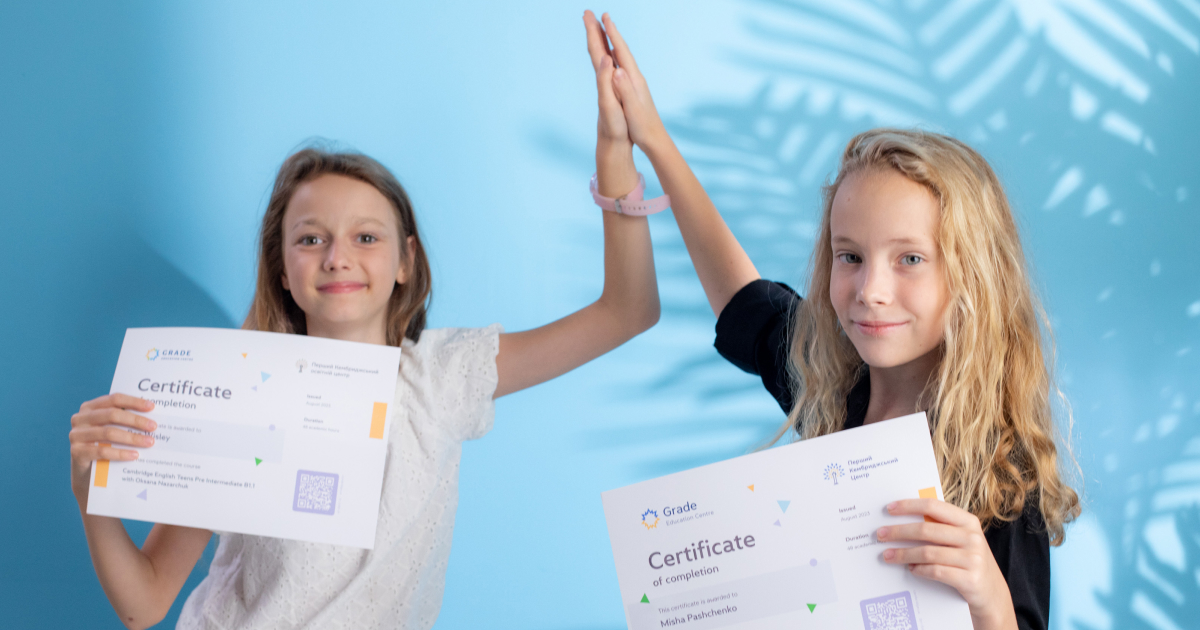
Body parts ESL games & activities
- Vocabulary
- Activities
- Tips & Strategies

29.11.2024
Teenagers are a distinct group of learners, with interests that change rapidly, moods that shift from enthusiasm to indifference, and a continuous quest for self-identity and individuality.
They often lack a clear reason for learning a new language, and motivation is frequently absent.
In such cases, traditional approaches and methods may lose their effectiveness in the classroom.
So, how can you make English more than just another school obligation, transforming it into a skill that opens doors to future opportunities?
Make use of your students' hobbies to add relevance: discussing grammar or reading a text becomes far more engaging when connected to something that genuinely interests them.
To begin, consider holding a lesson focused on their dreams and possible career paths.
This will allow you to choose materials for each lesson more precisely, adapting them to meet the needs and interests of each student.
For example, if several students in the class are passionate about football, why not review an article about their favourite player or watch an interview in English?
For those interested in music, you could analyse the lyrics of a popular song, discussing its meaning and exploring interesting expressions.
If most students enjoy travelling, you could plan a lesson about the countries they dream of visiting, learning useful English phrases for their future travels.
With this approach, students will see a concrete link between English lessons and their personal goals, helping them realise that language skills provide opportunities to achieve what truly matters to them.

Motivate your teen students with ease!
Join our courseTo keep teenagers actively involved, it’s essential to incorporate varied formats.
These could include role-plays, debates, flashcard games, and discussions about a pre-watched film or series episode.
The more they engage in speaking and exchanging ideas, the better.
Games also allow them to experiment with different situations and roles in English, fostering teamwork.
Today’s teenagers are immersed in the digital world, and ignoring this reality is simply not feasible.
Incorporate YouTube videos, podcasts, and online quizzes to diversify the learning experience.
You’ll likely notice a positive response if you organise a lesson around popular vloggers.
Show them that you’re tuned into their world and that learning English can unlock a wealth of foreign content that they love and are interested in.
What is Generation Alpha?
Imagine a lesson with unclear objectives — your own motivation might drop, wouldn’t it?
The same is true for teenagers.
They need to understand the purpose behind tasks and the outcomes they’re working towards.
Offer them a clear plan, structuring your lessons so that each stage has a purpose, guiding them towards an achievable goal.
Most teenagers want to feel mature and independent.
To break away from routine exercises, I suggest creating something unique.
Here, as always, the interests of your students will play a key role.
Based on these interests and the lesson topic, students can develop a project.
This can be organised individually, in pairs, or in groups.
For example, if students are enthusiastic about travel, why not assign them a mini-research task on a favourite country where they can explore its culture, traditions, and famous landmarks?
Encourage them to present their findings in English, whether in the form of a presentation, a poster, or even a short video.

In conclusion, when teachers adopt creative and interest-based methods geared towards teenagers, it significantly enhances the quality of lessons and students’ attitudes towards learning English.
By aligning with teenagers' interests, teachers become more like friends who value what excites and engages them.
This creates an instantly friendlier, more positive atmosphere, and students attend these lessons with enthusiasm and respect for their teacher.
With clear plans and specific goals in place, students begin to view English as a valuable tool for achieving future ambitions.
They start to see that the language can help them not only in their studies but also in building careers and connecting with people from different parts of the world.
Projects, research activities, and interactive tasks allow students to engage with the language on a deeper level.
They learn how to use English to express their ideas, work with information, and communicate with the world around them.
Use these teaching tips for teenagers, inspire, and help them see English as a key to future opportunities, a rewarding career, and personal fulfilment.
Do teenagers need lessons that connect to their personal interests to stay motivated in learning English?
Kateryna Kuchynska
Author
Content Manager | Teacher of General English
Comments
Leave your comment